Minister Al Carns delivered one of his firmest public statements yet, telling MPs that the UK will expose and hold accountable any actor that threatens the nation’s undersea networks or coastal security.
The Commons exchange began with Nick Timothy MP setting out a stark picture of the threat environment. He warned that Russia and China are targeting the undersea cables and interconnectors that underpin UK energy and communications.
He highlighted reports of Russian devices placed on offshore infrastructure to monitor British submarines, and concerns that “China dominates the world market for cellular internet modules and inserts kill switches into the turbines this government wants to buy from them.†Pressing the issue of fragmented responsibility, he asked why no single minister oversees the security of this increasingly vulnerable infrastructure.
Carns responded by acknowledging past shortcomings in coordination but argued that work is now underway to create a coherent system. “Up until now… there has been a lack of centralisation when it comes to critical national infrastructure,†he said. Citing a recent review, he told MPs that “very clear lines of accountability†have now been established, that defence is formally integrated into the new framework, and that the Strategic Defence Review is expanding capabilities dedicated to offshore protection.
The tone shifted further when Jim Shannon focused on Russia’s recent activities, including the laser incident involving RAF personnel. Shannon said “twice now, Russian ships have entered British sovereign waters,†calling their behaviour “aggression†that had breached UK territory and endangered aircrew. He asked whether such actions amounted to an attack and whether the armed forces were fully prepared to respond.
Carns delivered a forceful reassurance. “Be in no doubt. We will defend every inch of this country and our territorial waters,†he said. He promised that any hostile acts in the UK’s Exclusive Economic Zone would be “exposed,†“attributed,†and met with accountability “should there be any impact on our critical national infrastructure.â€


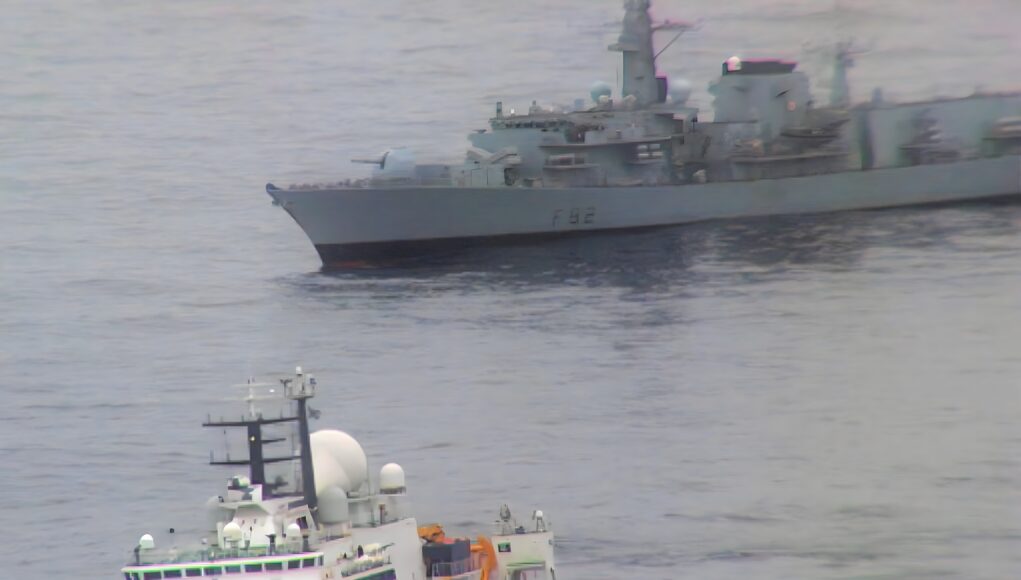
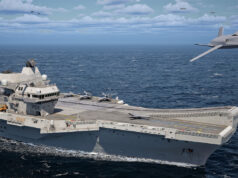

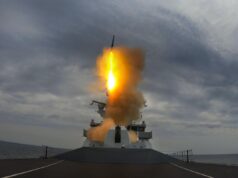
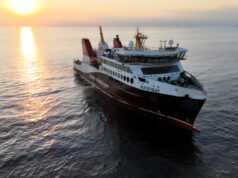
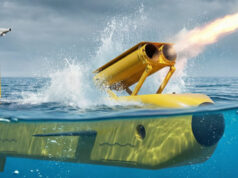
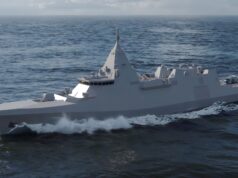
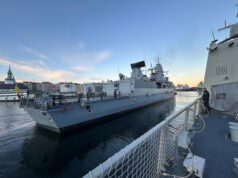
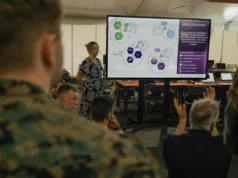

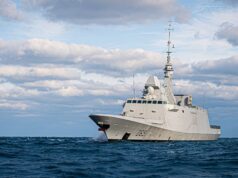

Feck me how laughable is that statement ????
Every Inch of territory and coastline.
Meanwhile on the south coast, 🚤⛵🛥ï¸â›”⛔⛔
And in the Indian Ocean…
Stories are circulating that the Batch 1 River class OPVs are to be retired almost cdretainly without replacement. That is sending a true position of our intent to Russia and eveyone else
No doubt to be refitted and sold to Brazil!
The batch one rivers replacement is already in service.
The batch 1 rivers were to be retired in 2017.
This was reversed because of the refugee crisis be in the Mediterranean and their service life was extended to 2028.
The four batch 1 rivers are being replaced by the 5 B2 rivers, the B2’s have been plugging the gaps caused by delays in the T26 program and their role will largely be replaced by the T31.
If we need something else to patrol UK waters for refugees in the channel (and I think we do) then we don’t need a 3000 tonne unarmed frigates costing £250m each.
We need lots of small cutters costing a few million each and a crew of 12, we already have a fleet of these with HMRC.
Sending bigger vessels out to patrol the French sea border just means more space for refugees.
Send RHIB’s and make the French send a larger boat to rescue them.
Small cutters can easily monitor Russian spy ships as well or escort their SSK’s instead of wasting billion destroyers.
Yes I agree. To be refitted at UK expense and sold at lower value which is the UK norm.
thats what happens with second hand ship selling.
So if they start bombing our cities will we respond with a robust counterstrike of Exposure and Attribution? I’m sure that’ll make them think twice.
Meanwhile on the south coast 180k fighting age men have landed, every single one has thrown their passport into the sea.
We’re joke country.
“Look at me, me tough politician”. Talk the talk, never the balls to walk the walk.
Make’s you wish for a second amendment doesn’t it?
We need a UK Constitution yes. This system is a busted flush totally.
Nah, just repeal the 1701 Act of Settlement. Job done.
No home defence GBAD save assets committed to the Field Army, one or the other.
Borders that cannot be controlled or enforced, some would suggest by design, as you do nothing to stop illegals entering weekly.
“Expanding capabilities for offshore protection”
Such as HMS Proteus? A single vessel. Which AFAWK can detect but not act? What else? Deploying the on call SBS Sqn to any Oil rigs at theat? A handful of P8s at one time out of a paltry 9?
As always, where is the knowledge amongst MPs to shoot down stone cold dead the excuses HMG come out with?
There is no doubt more that is classified in the ISTAR areas, but, that is no deterrent.
All in the same trough mate. The enemy within.
John. We know there are plenty of them. The swamp needs draining. ðŸ‘
Preach it.
Defend every inch with exactly what Al and for how long? With GBAD that isn’t there, ISTAR assets that are being reduced, submarines that are moored alongside, surface escorts that are largely FFBNW offensive weaponry, and precious few in number. Reduced fast jet squadrons, Spear 3 missiles not integrated, IFV’s equipped with machine guns?,
Perhaps we can defend the shores with trials, increased lethality, deeper understandings, procurement envelopes, agility, cuts, and hot air..
Yet here we are about to let China build a super spy centre in the middle of London! Obviously Starmer and Co see no threat there do they?
Fabians are all communists.
And what shall we lob at thyne enemy? Rocks?
The BBC could always remove their comments.
Talk tough and carry a little stick……well something like that anyhow. Still it’s good to see stand up comedians making a come back in the face of cancel culture.
We don’t do very well when it comes to unarmed boats coming from France 🙄